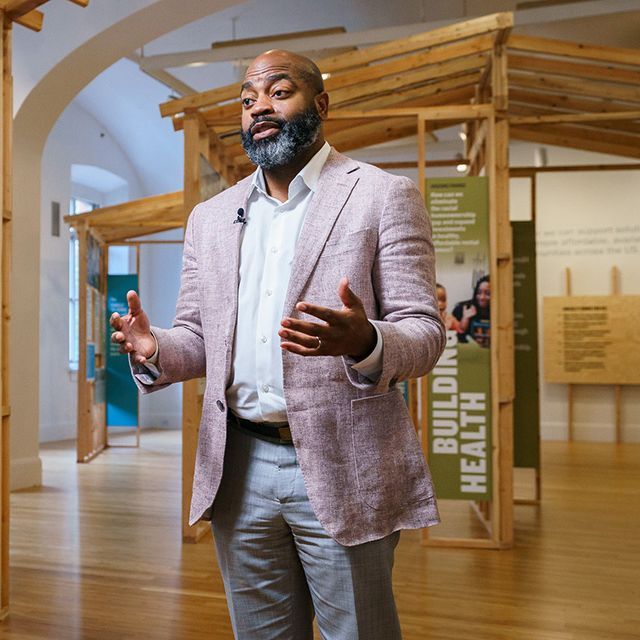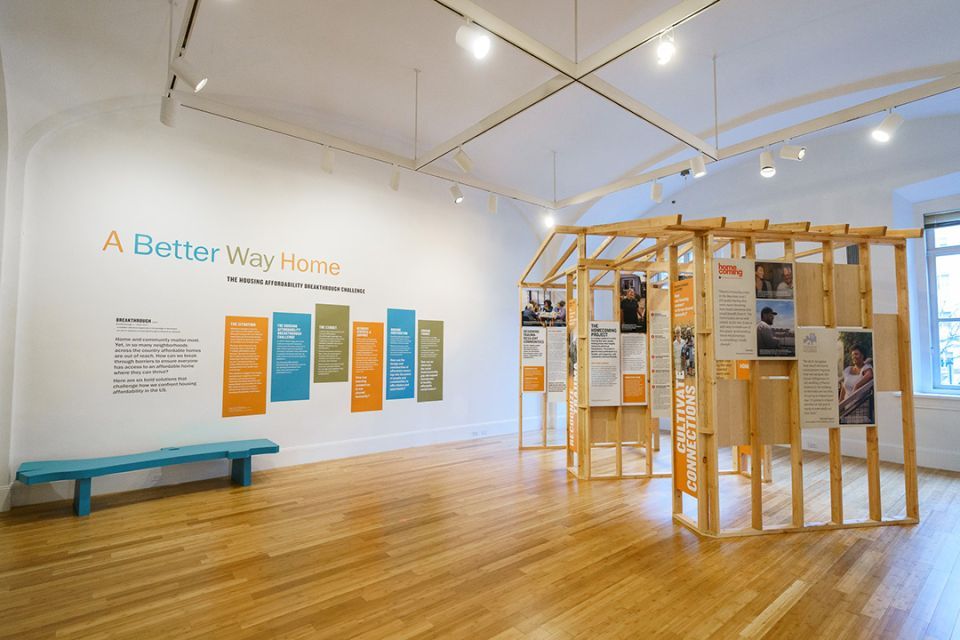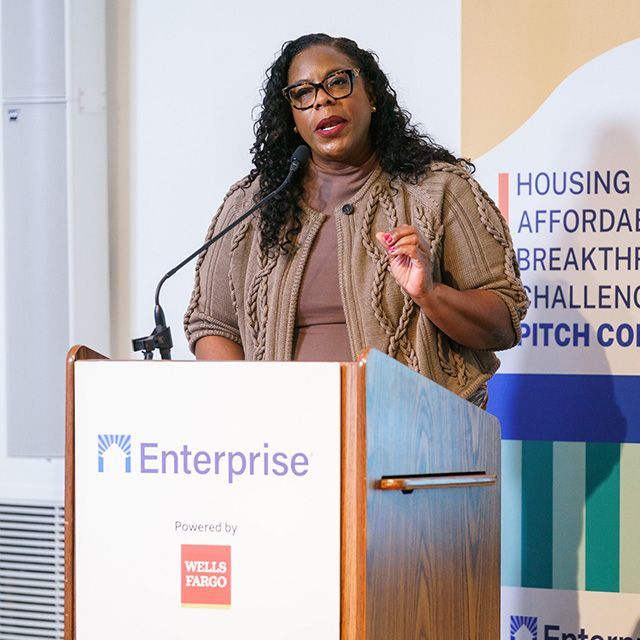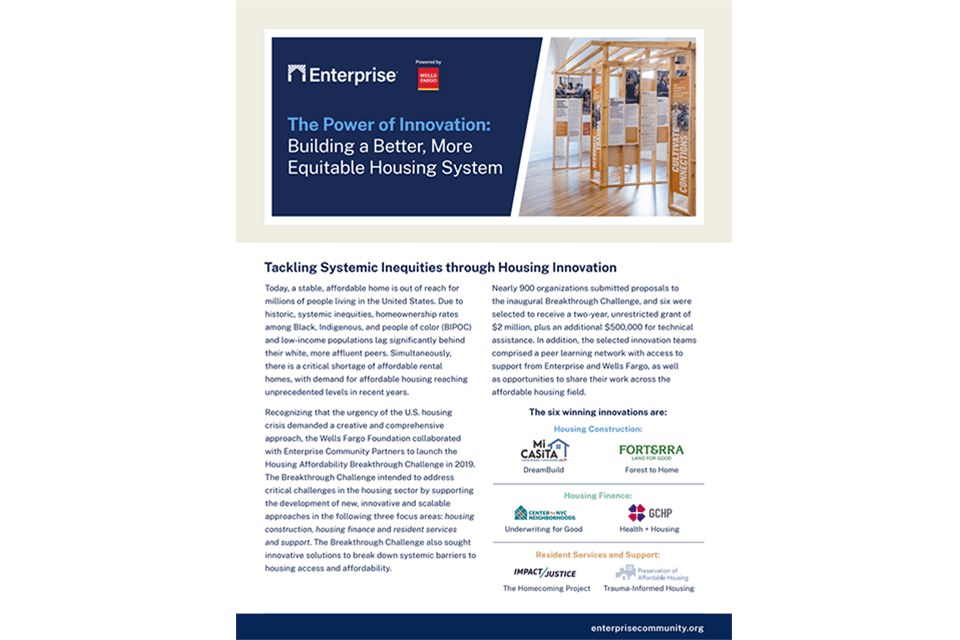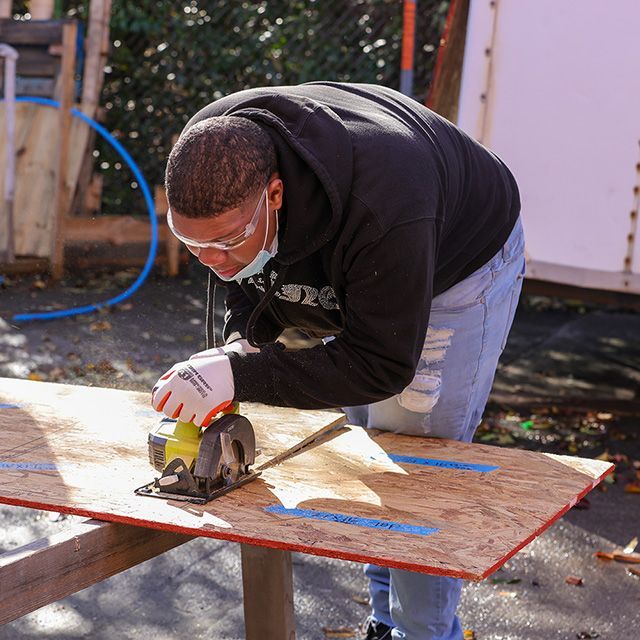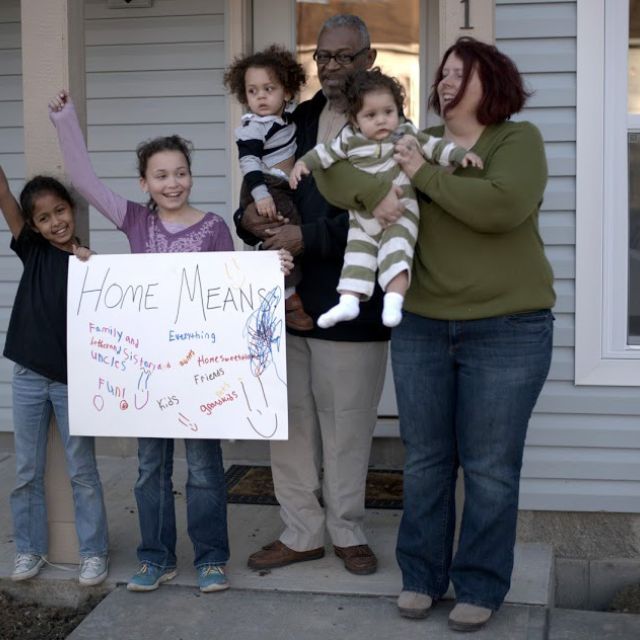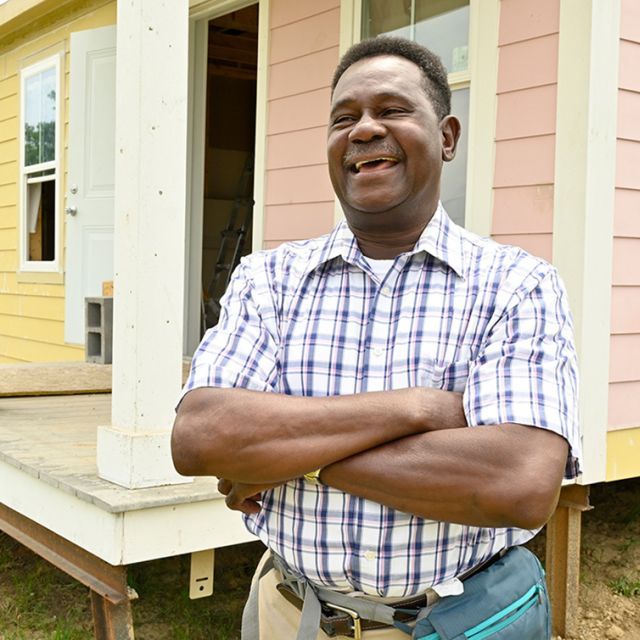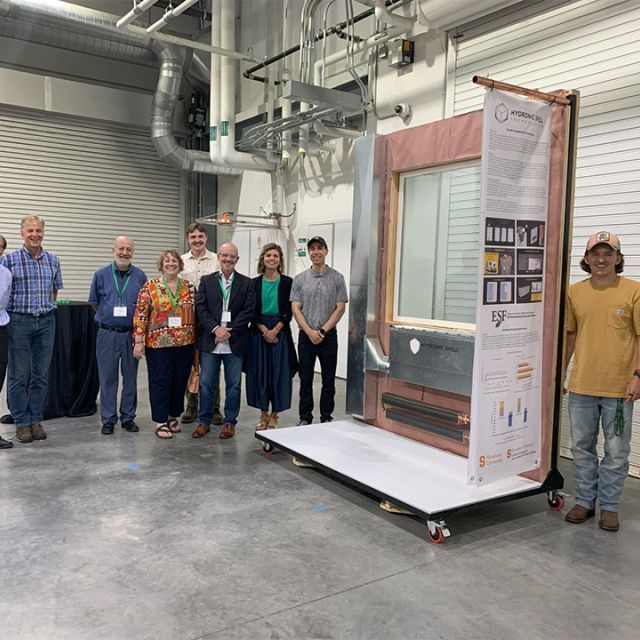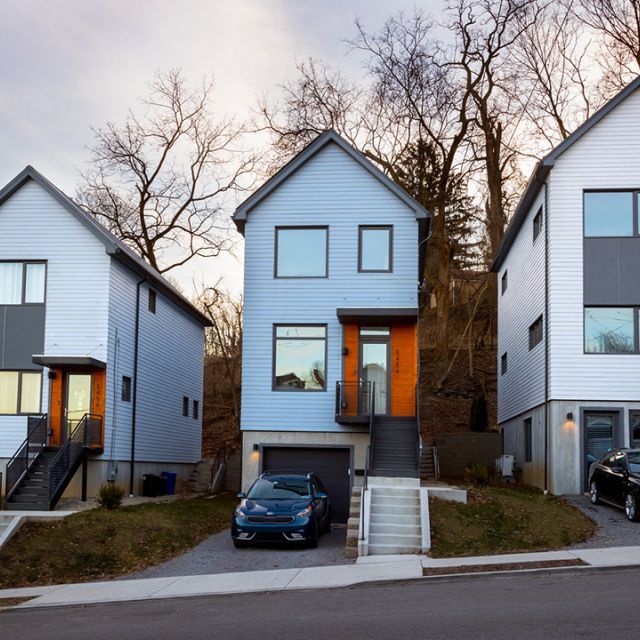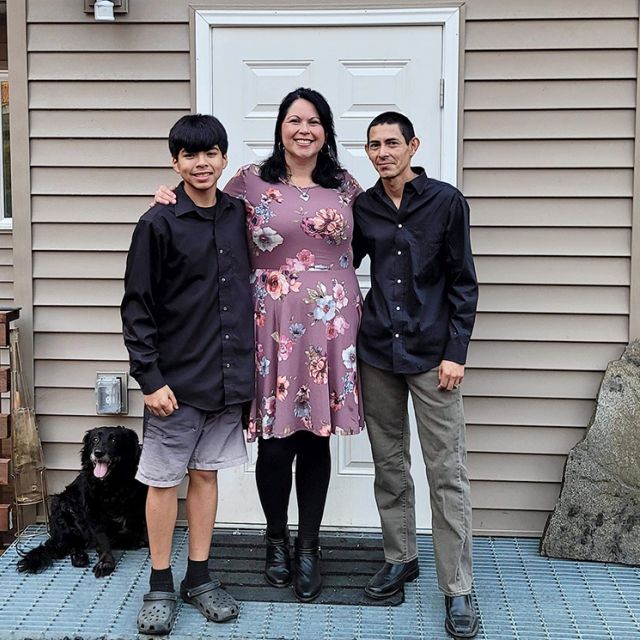Solving the nation’s housing affordability crisis calls on us to do more than find new ways to accelerate production. We also need innovations that increase access and create the structural change necessary to achieve equity in communities across the nation.
Made possible by the leadership and support of the Wells Fargo Foundation, the Housing Affordability Breakthrough Challenge is a $20 million initiative to inspire, propel, and scale housing solutions. This is the second innovation challenge led by Enterprise and Wells Fargo.
With grants of $2 million to $3 million, two years of technical guidance, and the benefit of an engaged cohort, the winners will advance and expand the reach and impact of their housing innovations.
Our call for proposals sought innovations that prioritize racial equity and environmental sustainability. The winners compose a majority of BIPOC-led organizations, and their breakthrough ideas reflect the diversity of their communities – from a lending and education innovation created with and for Tribal homebuyers, to a high school preparing Black students for the construction trades and generational wealth via homeownership. All the innovations are designed to build a more just, accessible and sustainable housing system.

